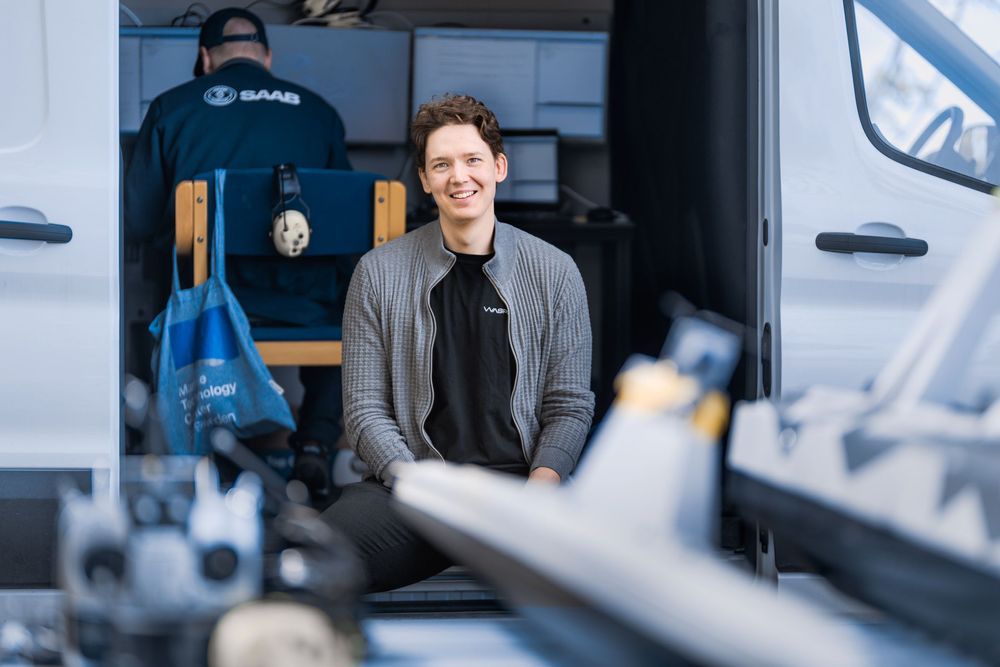
PHD STUDENT, LINKÖPING UNIVERSITY
Gustaf Söderholm
Project: PACE, Time in command and controll systems
Supervisor: Prof. Jonas Lundberg
Gustaf previously worked as a research assistant at LiU in the Department of Computer Science (IDA). In 2023, Gustaf began his doctoral studies at IDA and is expected to complete them in 2028.
Gustaf’s research project ‘PACE’ is focused on modelling time and timing in joint Human-AI collaboration. Time and timing are complex and research is needed on temporally-aware joint human-AI systems. Gustaf is working together with Kockums to create scenario used to test hypothesis and improve decision making. The goal is to develop theory and applications modelling aspects of time for operators and machines. Gustafs forskning kommer bland annat implementeras i WARA-PS:s Core-system.
“First and foremost, it is exhilarating to be a part of WARA-PS and a larger context, witnessing one’s research contribute to broader subjects like security and search and rescue.” – Gustaf Söderholm, 2024.
PHD STUDENT, ÖREBRO UNIVERSITY
Kavyaa Somasundaram
Supervisors: Amy Loutfi , ORU; Andrey Kiselev, ORU; GertJohansson, SAAB dynamics.
Kavyaa’s thesis domain is Detection and mitigation of human induced interaction failures in robot teleoperation (underwater robots).
Kavyaa’s research topic: "Failures are inevitable and natural in any human-robot interaction scenario. In my thesis, we focus on errors/failures induced by humans in the context of teleoperated robots. What happens when a human induces an error (mistakes, slips, lapses) during a teleoperated task? How detect these instances during the interaction and in what ways the robot can mitigate these error conditions? These are the primary questions that we focus and aim to explore.”

PHD STUDENT, LINKÖPING UNIVERSITY
Emil Wiman
Project: 3D Exploration Planning and Learning in Dynamic Uncertain Environments
Supervisors: Prof. Fredrik Heintz and Mattias Tiger
Emil received his Master of Science degree in Autonomous Systems from Linköping University in June 2023. Since August 2023, Emil has been enrolled as a WASP PhD Student in the Reasoning and Learning Lab (ReaL) at Linköping University under the supervision of Fredrik Heintz and Mattias Tiger. His research interest revolves around 3D exploration planning in dynamic and uncertain environments and how it can be connected to learning for enhanced performance and safety. Robust 3D exploration planning is an essential capability that most autonomous systems must possess to exist in the real world. Emil’s research investigates how these 3D exploration planning algorithms can be designed and deployed on real robotics platforms. Here, WARA-PS serves as the perfect testbed for deployment. Emil is working together with the WARA-PS Core team to realize this research.
Read Emils work here.
